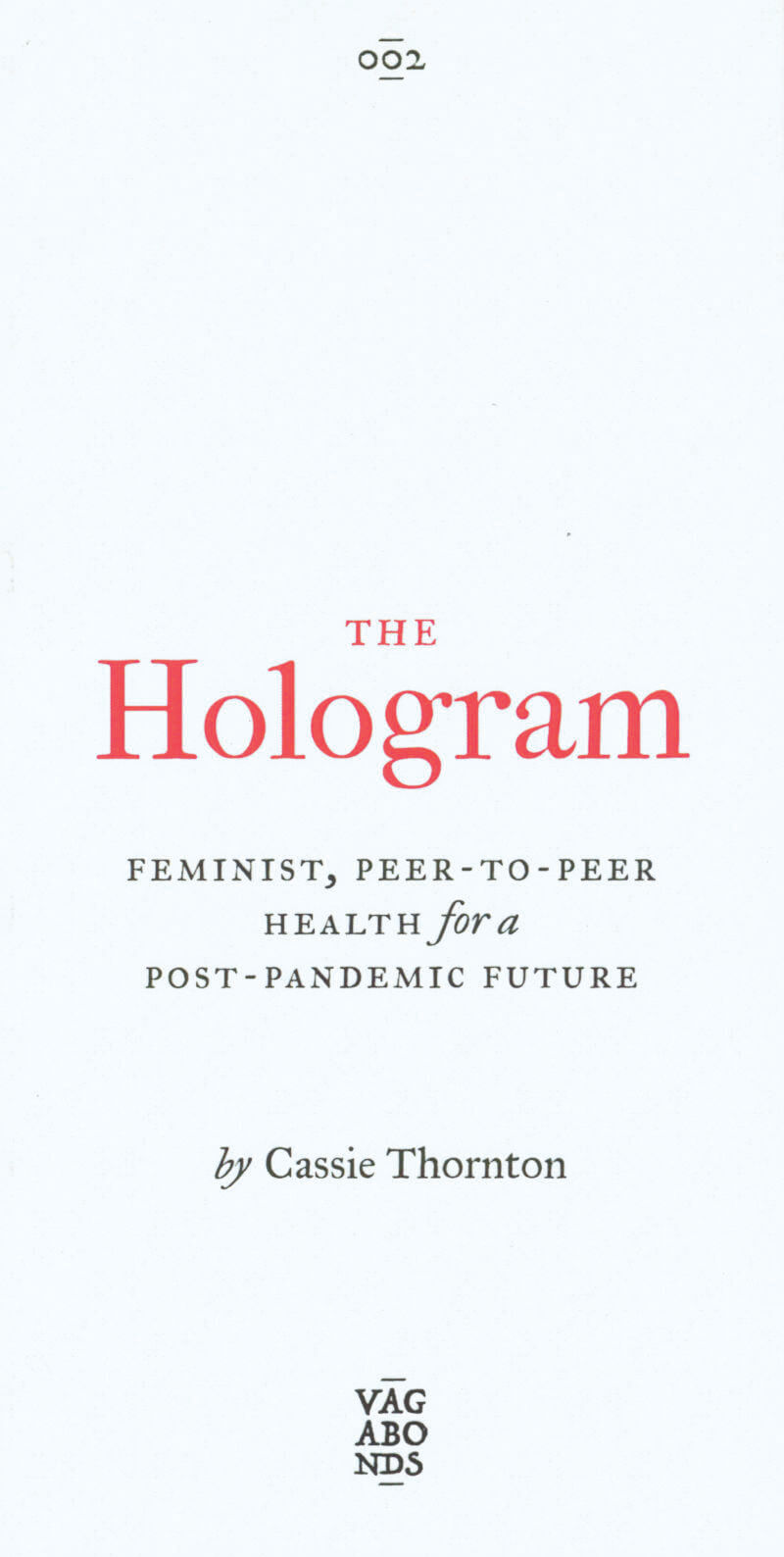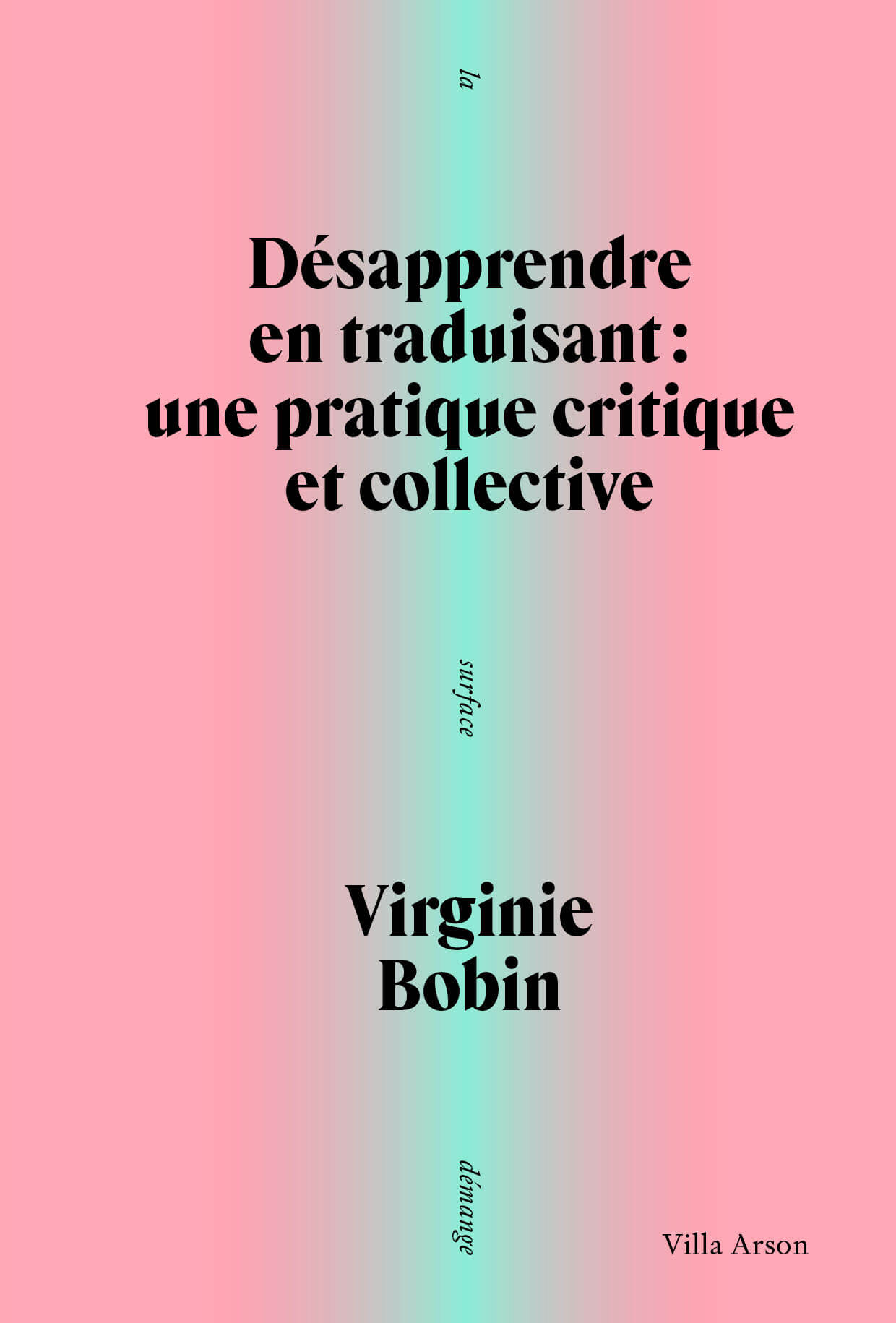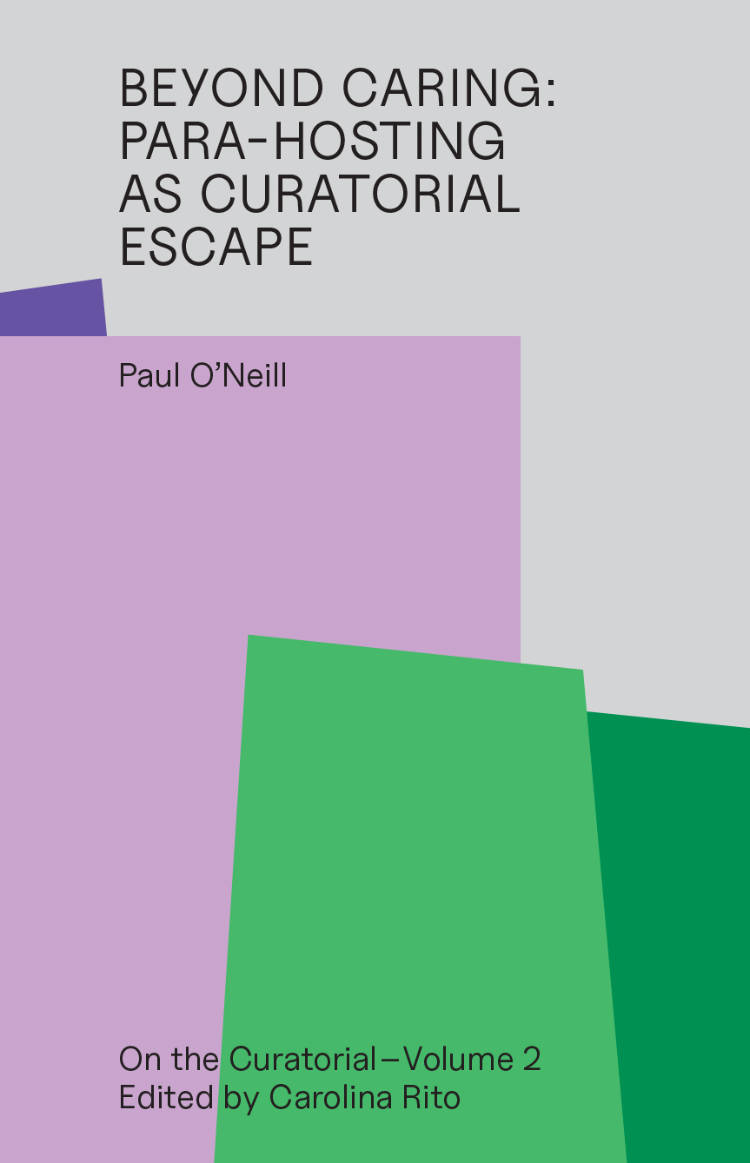
The Hologram: Feminist, Peer-To-Peer Health for a Post-Pandemic Future
In an era when capitalism leaves so many to suffer and to die, with neoliberal 'self-care' offering little more than a bandaid, how can we take health and care back into our hands? In The Hologram, Cassie Thornton puts forward a bold vision for revolutionary care: a viral, peer-to-peer feminist health network. The premise is simple: three people - a 'triangle' - meet on a regular basis, digitally or in person, to focus on the physical, mental and social health of a fourth - the 'hologram'. The hologram, in turn, teaches their caregivers how to give and also receive care; each member of their triangle becomes a hologram for another, different triangle, and so the system expands. Drawing on radical models developed in the Greek solidarity clinics during a decade of crisis, and directly engaging with discussions around mutual aid and the coronavirus pandemic, The Hologram develops the skills and relationships we desperately need for the anti-capitalist struggles of the present, and the post-capitalist society of the future. One part art, one part activism, one part science fiction, this book offers the reader a guide to establishing a Hologram network as well as reflections on this cooperative work in progress.
Cassie Thornton is an artist and activist from the US, currently living in Canada. She refers to herself as a feminist economist, a title that frames her work as that of a social scientist actively preparing for the economics of a future society that produces health and life without the tools that reproduce oppression, like money, police or prisons.
Language: English







